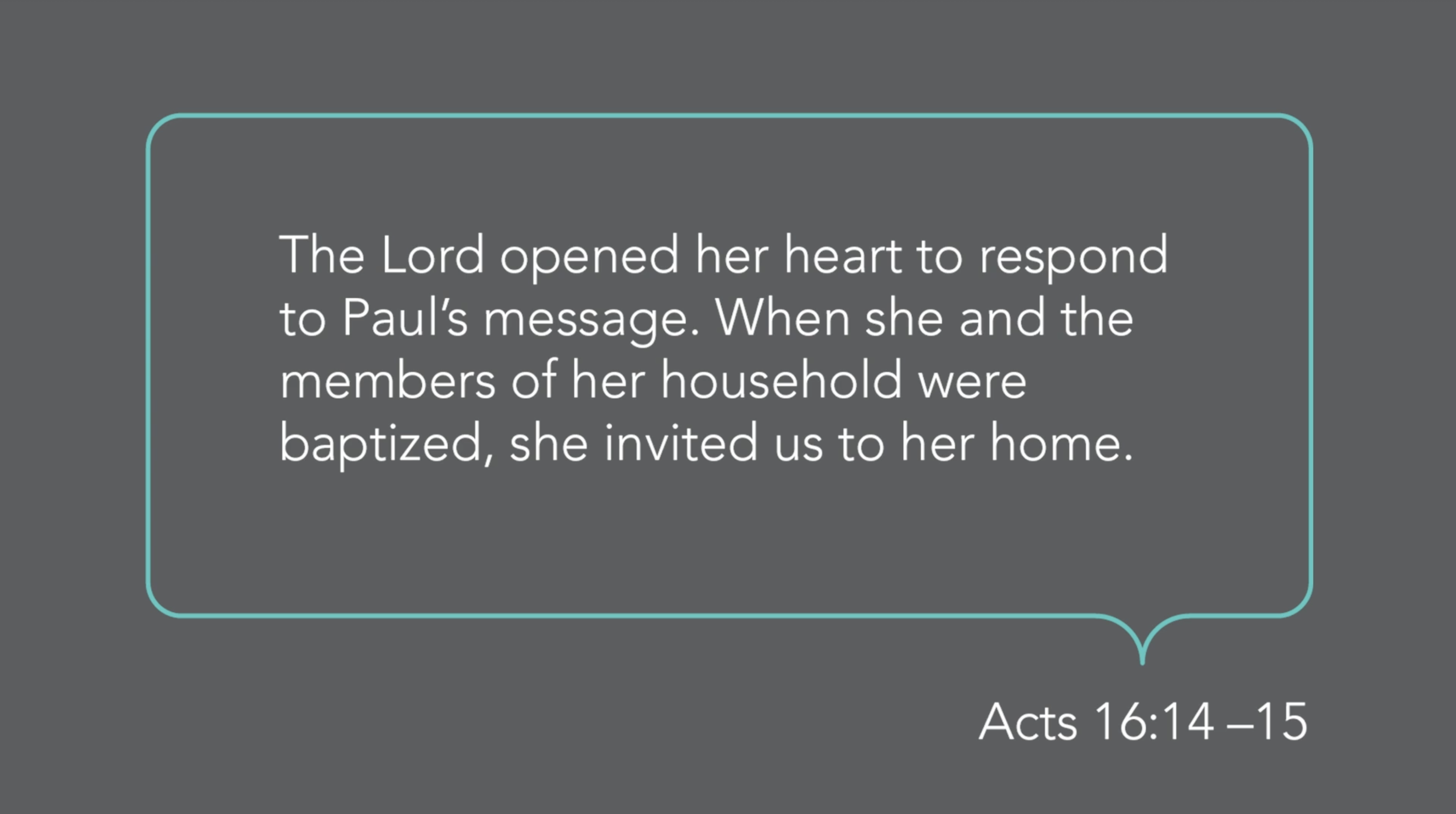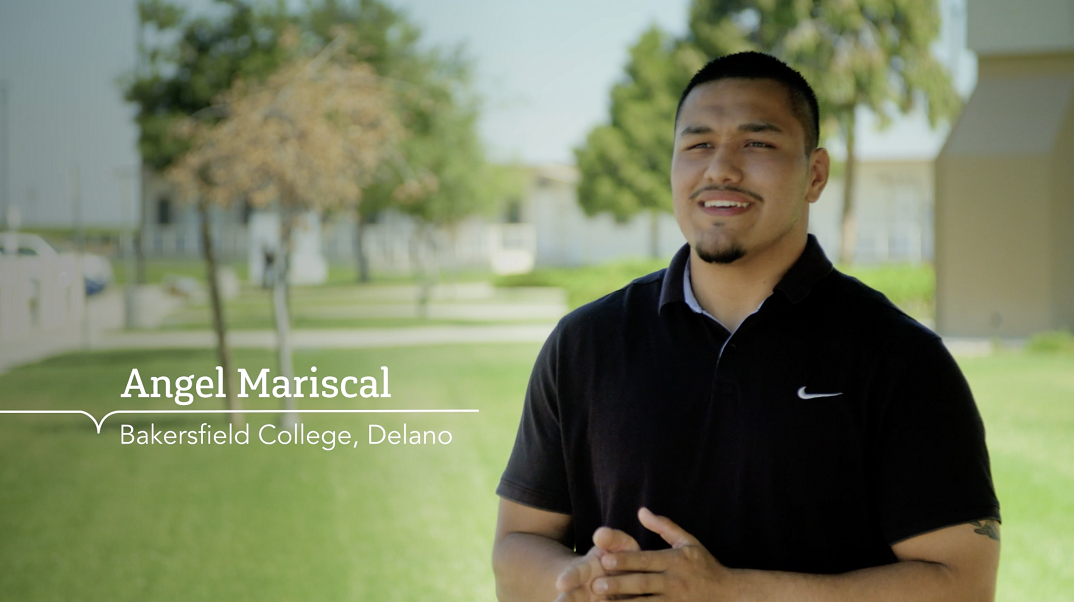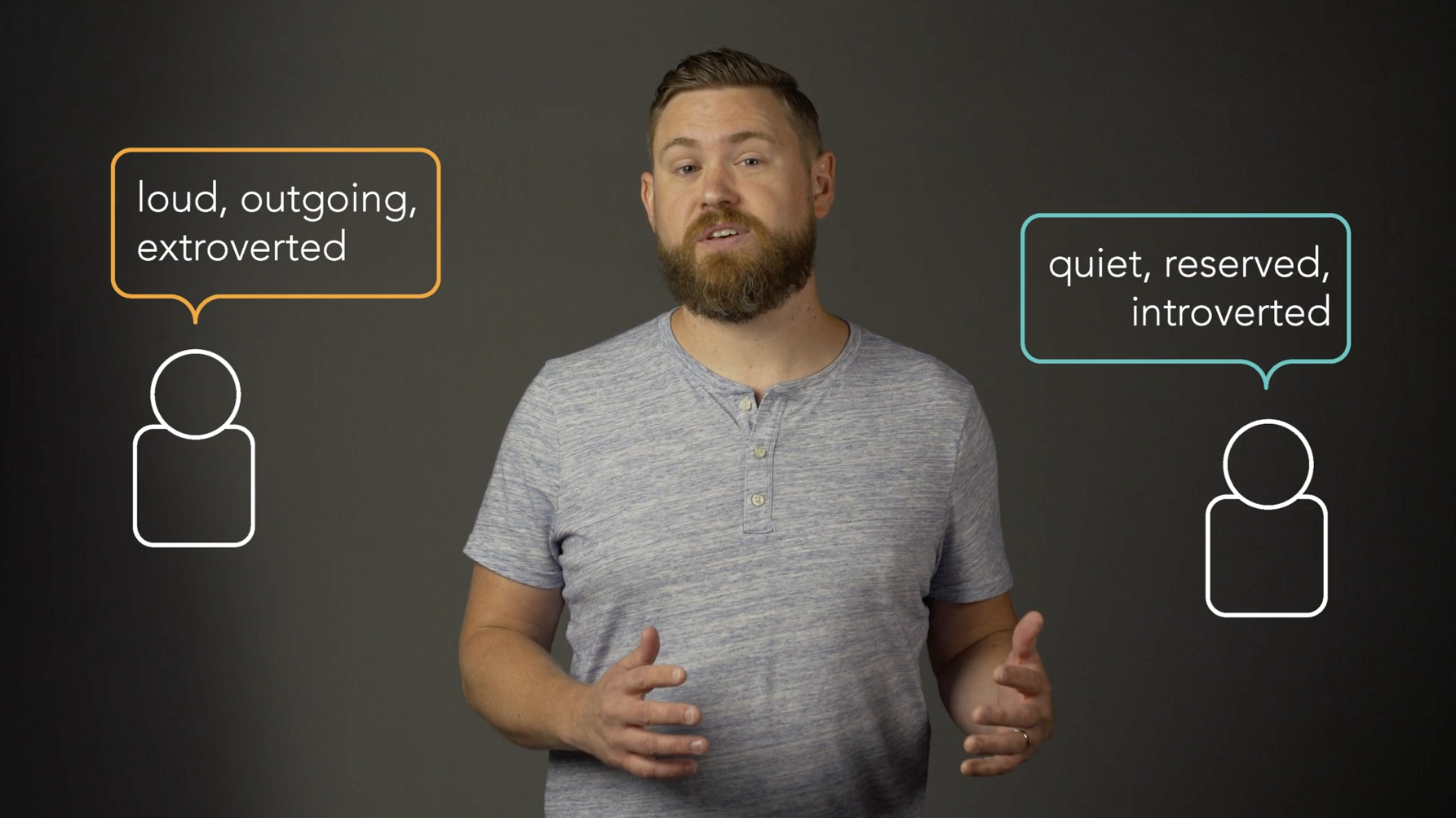
Finding People of Peace
As you meet new people in your context, whether that’s a dorm, a sport’s team, or a neighborhood, what are you looking for in the people you meet? What are the signs that God might be inviting you to invest in a particular person? Jesus’ practice of looking for “people of peace” can transform your ministry efforts as you follow his example of empowering people who are spiritually receptive, relationally connected, and who respond with action.
This video will explain how to identify a person of peace and begin empowering them to reach their friends. It's especially helpful to watch this with people who will help you plant a new small group so that you can look for connections on campus.
Timestamps

Biblical Basis (0:13)
- Jesus introduced the concept of people of peace in Luke 10.
- Lydia in Acts 16 is a great example of a person of peace.

The three R’s that mark a person of peace (1:33)
- People of peace are spiritually Receptive.
- People of peace are Relationally connected.
- People of peace Respond with action.

Student example (2:14)
- Meet Angel, a student in CA who embodies all the markers of a person of peace.

How to empower people of peace (3:24)
- We empower people of peace by centering them and decentering ourselves.
- People of peace can each look different. They could be introverted or extroverted, already following Jesus or still seeking.
- Every person of peace needs to be empowered and developed, but what that looks like will be different for each person. Ask the question “what does this person need to thrive?”

Accelerated Resource
This resource has been tested and approved by InterVarsity’s National Strategy & Innovation team for campus ministry. Explore more resources by visiting the Accelerated Small Group Leadership Collection.
